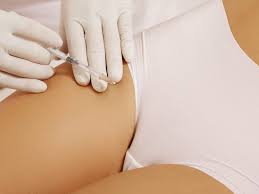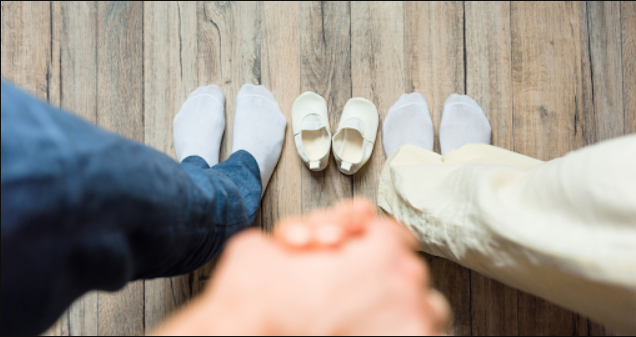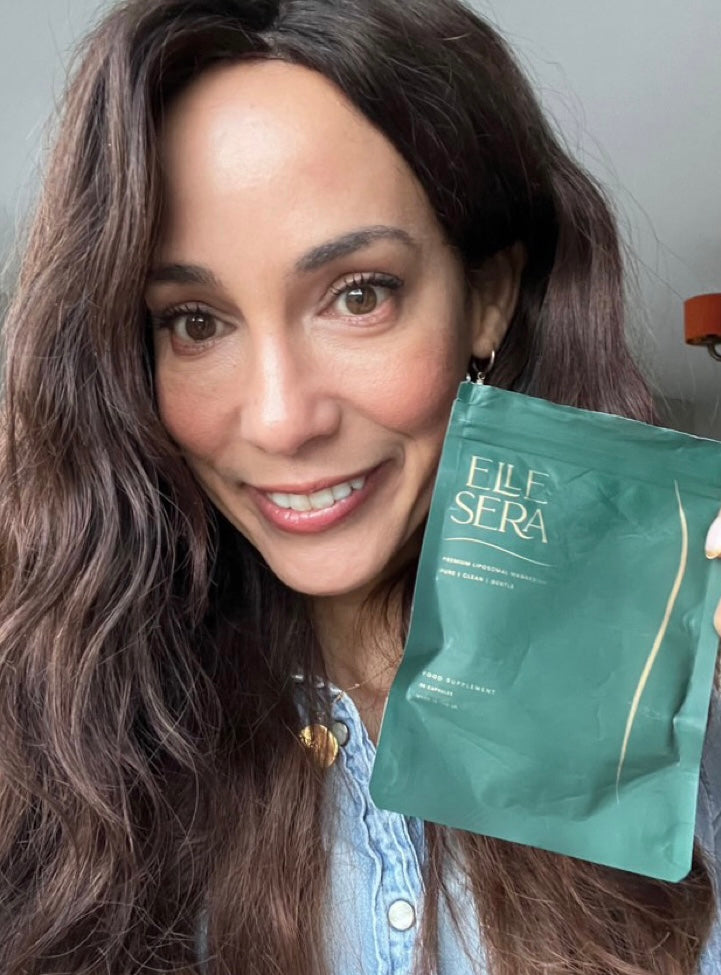The First Mammogram
By Nancy B.
I have interviewed some amazing women about their journeys with breast cancer, and have seen friends who have also been diagnosed and treated for it. There, I used the word ‘cancer’ in the first sentence, and as much as we like to think it is more out in the open, for many of us, me included, the very word strikes fear into our hearts.
The problem with fear is that it holds you back from knowing the truth, and one thing I am learning, is that truth is the most vital currency when it comes to your health.
I was sent my first breast cancer screening letter last year, but then Covid-19 happened, and like many other women all over the UK, my appointment was postponed. I am going to admit when I received another letter to say the unit I could attend was accepting appointments again, I did what many forward-thinking and health-conscious women do: I put it away in a drawer, and stuck my head in the sand.
After a few weeks, though, I realised I was just being silly, and putting off a scan which can literally save your life. I picked up the phone and made the appointment - it really was that simple. It was booked in for the week following my first Covid jab: talk about a fun fortnight to look forward to. I read the accompanying leaflet about what to expect on the day, and noticed a few celebrities were talking about their own experiences of attending breast screening appointments on Instagram. I know socials get criticised, but sometimes they do give us really useful reminders.
When it was last researched, before the pandemic, many women over 50 were failing to attend their appointments. With just over 70 per cent of us willing to show up, that means three in ten of us are putting those letters away and ignoring them. I wanted to know why, and it’s not just procrastination. Fear of painful procedures doesn’t really head the list:
Most women in my demographic have been through far worse. I’m not even talking about medical events, either. If you’ve had your eyebrows waxed, and survived it, then this test is a breeze.
However, there are now a set of much more complex issues attached, including accessibility, cultural and languages barriers. The NHS are very keen to point out that breast screening clinics only employ female staff, for instance, and can help with communication and translation. If you have complex health or physical issues, then teams will discuss your screening with you. In our multicultural society, it is vital that women are encouraged within communities to be able to attend their appointments with a sense of security and ease.
So many women from every walk of life feel too busy, too stressed and yet ‘well enough’ to put that letter in a drawer. During the pandemic, many have put our wellbeing on the back burner, but hopefully as our worlds open up again we can remind ourselves that we should take advantage of every opportunity we are offered to keep ourselves healthy.
My own experience of breast cancer screening is this - I’m simply so glad I went. The staff were welcoming and supportive, and the test itself was over reasonably quickly. Of course, it feels a bit odd. How can I describe it?
It’s like sticking each boob between two cold dinner plates for a really short time. It’s uncomfortable, for a few seconds, but that’s about it.
Afterwards, the nurse in charge of seeing me explained about what would happen next. As it was my first mammogram, it was a first chance not only for me to be tested, but for the team to meet my breast tissue, too! This meant that I could get a result which would show areas that they may want to investigate further, but would be part of healthy breast tissue for me personally.
No two boobs are the same, even the ones that I own myself.
I was informed that if I got a letter asking me to return for further tests, not to panic. I was finally informed that my results would be with me within three weeks.
It felt like a long three weeks, and even though I can be highly anxious, the reassuring message given to me when I had left the appointment helped so much. When the letter arrived I couldn’t open it at first, but when I did, I jumped for joy. My results were clear. But I did realise then that some women just want to run from this type of situation.
However, I thought of friends who have had further tests which have proven they also had clear results, and those who have eventually been diagnosed with breast cancer. There is no getting around that fact, but the very best way you can look after your health is to show up, get your boobs out, and get on with it.
I complain about mine a lot. During the peri-menopause they have grown, I have resorted to buying a bra which my own mum refused to purchase because it bore her name (hello there, Doreen!) and let’s just say they are not quite where they were. However, they are healthy. Anything else I can deal with, surely? Until my next mammogram, I will keep following the advice on self-checking by the amazing team at Coppa Feel. Their easy breast-checking system you can follow at home is so important, and their regular newsletters are now on my list.
I’m going to take my friend Elissa’s advice and treat myself to a bra fitting session with Attollo Lingerie, because I’m going to celebrate my boobs rather than insult them on a regular basis with boring bras and comments about them not being as youthful as they once wear.
The over-the-shoulder-boulder-holders are history. My future, on the other hand, awaits.
Until next time.
For more information on NHS breast screening go to: https://www.nhs.uk/conditions/breast-cancer-screening/
For the best advice on how to self-examine your boobs and regular updates on breast health go to:
https://coppafeel.org/your-boobs/
And once you’ve done your health a favour, give your boobs a treat and go to:
(This is not an affiliate link)
Many thanks to the team at Royal Liverpool and Broadgreen University Hospitals who made me so welcome.



